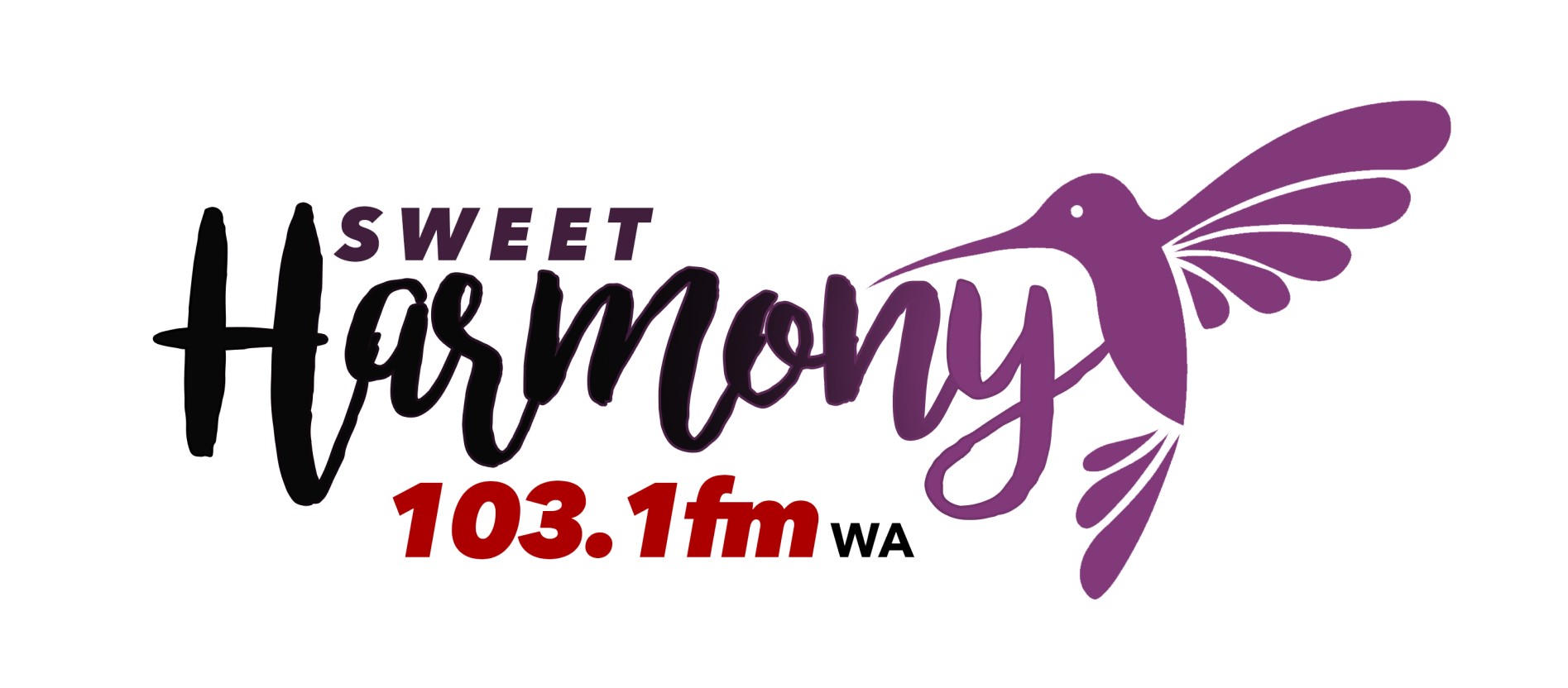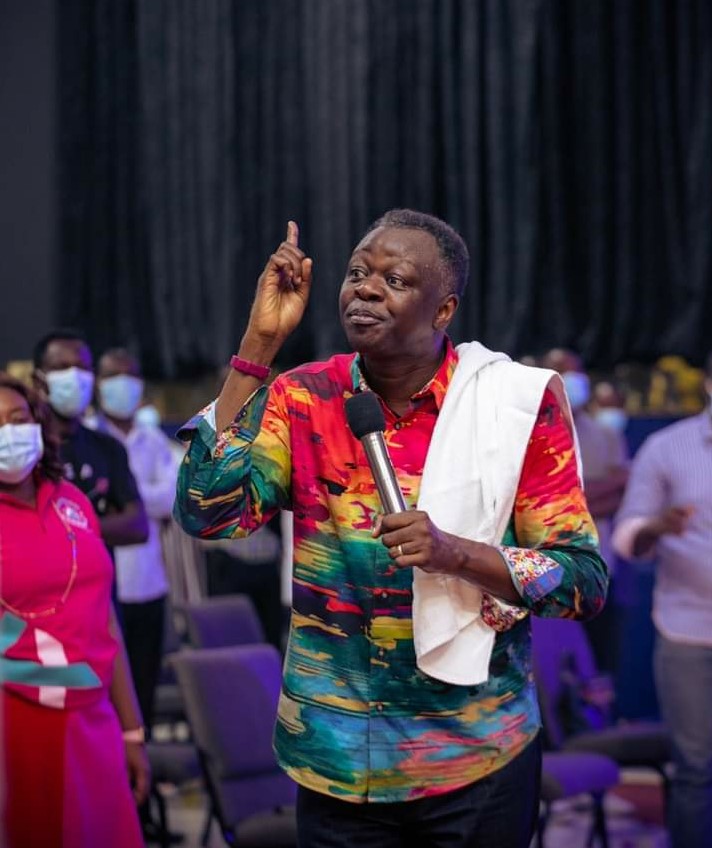Reverend Eastwood Anaba, the President of the Eastwood Anaba Ministries (EAM), has called on healthcare professionals to pay critical attention to the safety of expectant mothers during childbirth.
He said the Bible promised women’s safety in childbearing and urged healthcare professionals to pray and work hard to achieve that objective.
The renowned preacher quoted first 1Timothy 2:14-15 explaining that the “Bible strongly recommends support and teaches safety in childbearing for women”.
Reverend Anaba made the call when he chaired the opening ceremony of the 2024 annual performance review meeting of the Ghana Health Service (GHS) in Bolgatanga in the Upper East Region.
The two-day meeting was on the theme: “Using Network of Practice (NoP) to drive universal access to quality maternal health care”.
- Stakeholders hold workshop on sexuality rights, harmful cultural practices
- Economic hardship aggravating mental health problems
The NoP, which is a healthcare model that connected public and private health facilities within a geographic area, consisted of a hub; a well-resourced central facility offering essential primary healthcare services, and ‘Spokes’ established to provide complementary services.
The review meeting brought together officials of the Service from the National, Regional, Municipal and District levels, Medical Directors and Superintendents, Administrators, partners, Non-Governmental Organisations (NGOs) in health, traditional rulers among other stakeholders.
The forum offered management of the GHS the opportunity to take stock of their performance in the year under review and to strategise to improve on health service delivery in the Region in subsequent years.
To improve on quality maternal healthcare delivery in the Region, Rev. Anaba, a Pharmacist by training, suggested that maternal healthcare should begin at home and not at the NoP centres.
He explained that by the time some expectant mothers arrived at the health centres, they may be endangered, as a result of emotional challenges and domestic abuse.
“Husbands and family members must offer women the necessary support, love and affection before they send them to the health facilities. A kiss, a peck or a warm embrace from a husband could be medicinal, even before somebody gives them an injection,” he said.
The EAM President, who is also the Founder of Fountain Gate Chapel (FGC) and Senior Pastor at Desert Pastures, a branch church of the FGC, noted that a weaken state of an expectant mother, would make the work of the NoPs harder.
He emphasised that “Outmoded and dangerous taboos, coupled with all the superstitions we have, should be discouraged in our societies. The stigma and belief in witchcraft practices remain some of the commonest hindrances to the welfare of women in Africa.
“Our religious and traditional rulers need to be bold and ruthless in our bit to revolutionise the societies by eradicating traditions and superstitions that endanger lives of women,” Rev. Anaba said.
He noted that the availability of first-class medical facilities, equipment and personnel were crucial to eliminate maternal deaths, adding that eradication of poverty was also crucial to the provision of efficient maternal healthcare delivery.
Rev. Anaba prayed that operation theatres and labour wards would be birth places but not battlefields, places of joy not jungles of despair, and places of celebration but not funeral grounds.



